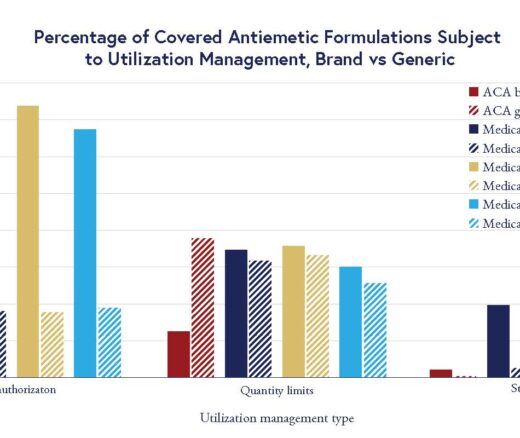
Medicare’s Hidden Fix for High Drug Costs
Medicare’s Payment Plan Can Ease Seniors’ Crushing Drug Costs but Medicare Buries it in the Fine Print
In Their Own Words

While the devastating consequences of Trump’s “One Big Beautiful Bill” are clear–like lost Medicaid coverage for an estimated 12 million Americans–rolling this bad bill back is not enough for Democrats.
Medicaid is flawed and broken, and must be improved so we can bring quality health care to all Americans. How? I’ve identified seven core design elements Democrats can propose to fundamentally fix Medicaid, not just repair the damage done by Trump:
I elaborate on all of these in my new piece in The Bulwark.
As Americans fear what Trump’s bill means for them, Democrats must offer a plan that’s better, cheaper, and more compassionate. Now is the time for bold reform that guarantees simple, standardized coverage that puts health over profit and protects families from bankruptcy.
Ezekiel J. Emanuel, MD, PhD is a Senior Fellow at the Leonard Davis Institute of Health Economics, Vice Provost for Global Initiatives and the Diane v.S. Levy and Robert M. Levy University Professor at the University of Pennsylvania.


Medicare’s Payment Plan Can Ease Seniors’ Crushing Drug Costs but Medicare Buries it in the Fine Print

Even With Lower Prices, Medicare, Medicaid, and Other Insurers Tighten Coverage for Drugs Like Mounjaro and Zepbound Using Prior Authorization and Other Tools

A 2024 Study Showing How Even Small Copays Reduce PrEP Use Fueled Media, Legal, and Advocacy Efforts As Courts Weighed a Case Threatening No-Cost Preventive Care for Millions

Chart of the Day: LDI Researchers Report Major Coverage Differences Across ACA and Medicaid Plans, Affecting Access to Drugs That Treat Chemo-Related Nausea

Insurers Avoid Counties With Small Populations and Poor Health but a New LDI Study Finds Limited Evidence of Anticompetitive Behavior

A Proven, Low-Risk Treatment Is Backed by Major Studies and Patient Demand, Yet Medicare and Insurers Still Make It Hard To Use